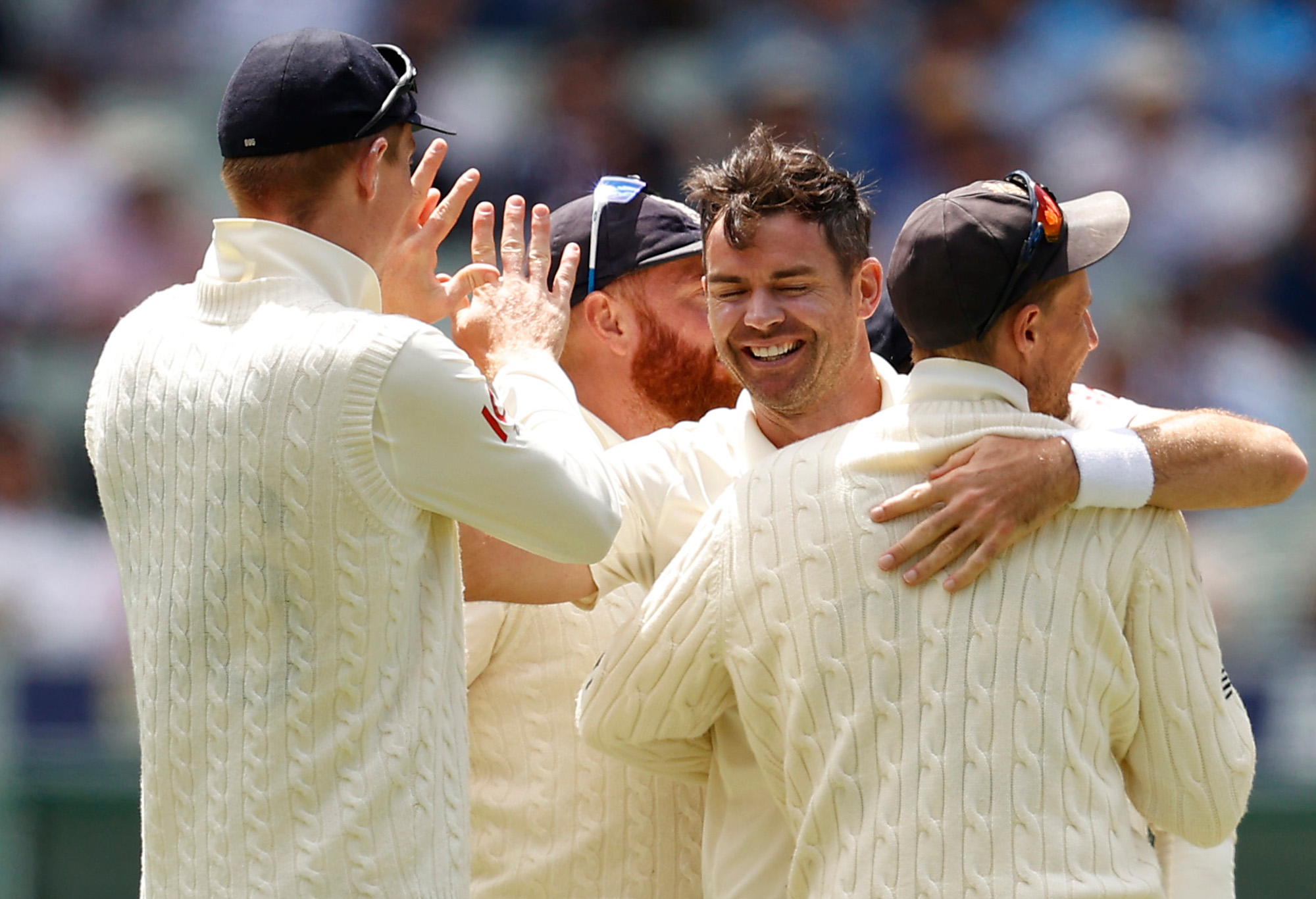It is the right time for Anderson to retire, but he goes down as one of the greatest players to ever do it

After a career that has spanned more than two decades, James Anderson leaves cricket as a legend of the game, up there with the very best fast bowlers like Sir Richard Hadlee, Malcolm Marshall and Glenn McGrath
He is statistically the most prolific fast bowler in cricket history and it has been quite the journey for the man from Lancashire as he gears up for the final Test of his career against the West Indies in July, a retirement date which he announced earlier this week.
After taking five wickets on debut against Zimbabwe, he went through a dip in form ahead of the historic Ashes series in 2005. Despite being called into the squad for the final game, Anderson didn’t feature for England as they won the Ashes for the first time since 1987.
Anderson was surplus to requirements with Andrew Flintoff, Stephen Harmison, Simon Jones and Matthew Hoggard picked ahead of him.
Fast-forward ten years and Anderson was playing his 100th match with a total of 380 wickets.
He has been a part of four Ashes wins and will retire from the game with at least 700 Test wickets, the most of any fast bowler in the history of the game. Only spinners Muttiah Muralitharan and Shane Warne have more wickets than Anderson, which shows the elite company he belongs in.
Michael Vaughan was correct when he stated it was time for Anderson to move on for England to succeed in the next Ashes later next year, but it was good to see him recognise his former teammate as “England’s greatest.”
This came after Vaughan called the decision to persist with Anderson in last year’s Ashes as “sentimental”, with the former England captain failing to see what the 41-year-old was offering to the team.
James Anderson celebrates the wicket of Marcus Harris. (Photo by Darrian Traynor – CA/Cricket Australia via Getty Images)
Anderson has shown signs of deterioration and while it can be difficult to say when talking about someone who has done so much for England, Brendon McCullum clearly had the same view as Vaughan.
He appears to have taken McCullum’s decision well, which is a testament to his character. While some may think Anderson should have taken the approach Stuart Broad did and retire outright, the decision to keep on going until he had to be told his time was up shows his dedication to the sport.
With Broad retiring last year, it was inevitable that Anderson, four years older than Broad, would be phased out of the time before too long. While spinner Tom Hartley, and quicks Josh Tongue and Mark Wood are all better options now, it is hard to make an argument for any of them coming close to a prime James Anderson.
For someone many weren’t sure about 20 years ago, Anderson is now comfortably in the pantheon of the all-time greats and the best pace bowler England has ever produced.
While he may have missed out on the famous success in 2005, Anderson has eclipsed all of the bowlers who he had to play second fiddle to during that Ashes series and can now only be compared to the very best to have ever rolled the arm over.
